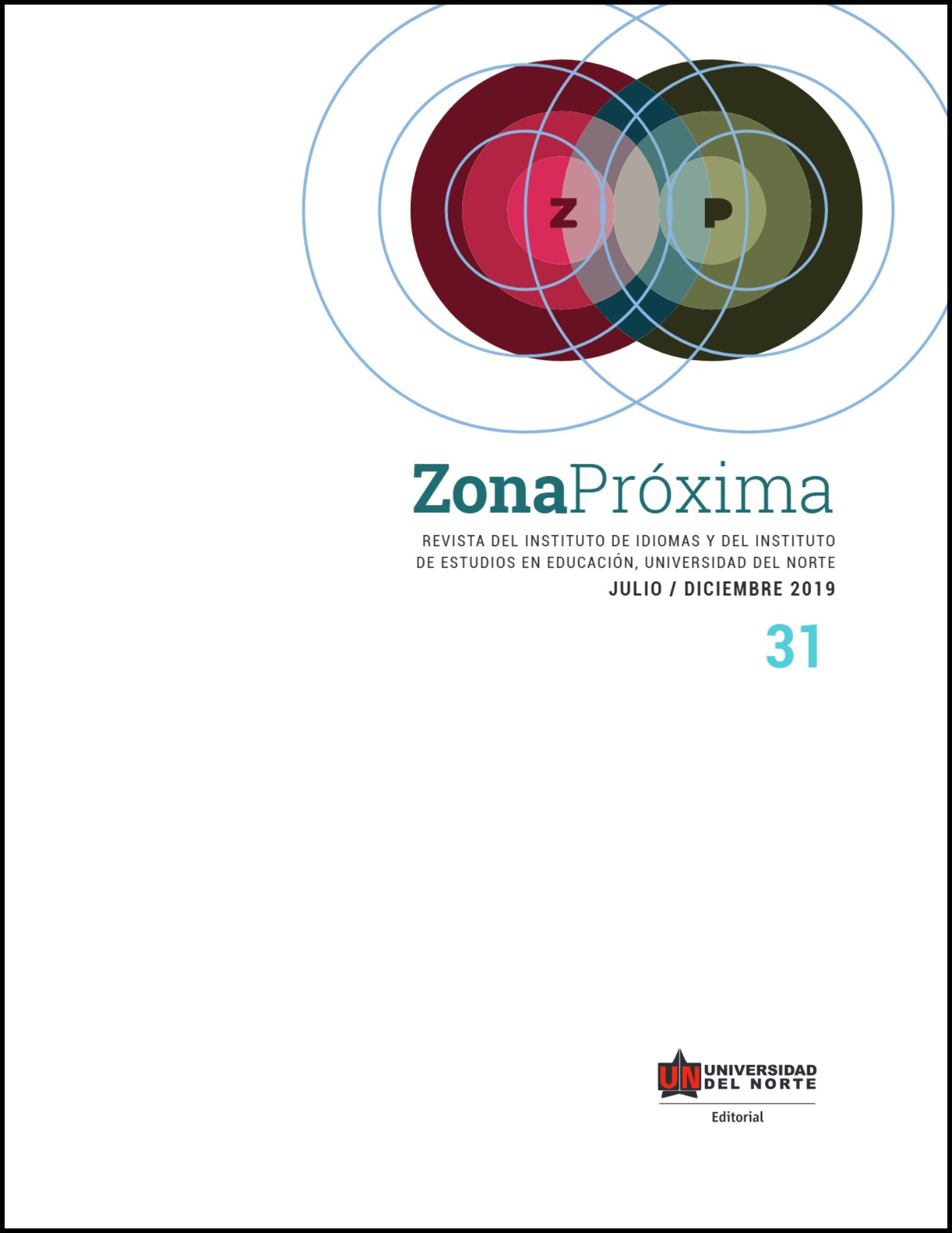Abstract
The investigation was based on the Pólya method used as a strategy to improve the problem solving skills in basic mathematical operations within third and fourth grades elementary school students at Colegio Municipal Aeropuerto; using a qualitative design in an action research approach. The results show the students understand the problems header, however it is necessary to be aware of their difficulties with the data analysis and choosing the strategy for the solution and the right Algorithm. Taking the last considerations it was possible to implement some activities to create a sequentially structured model to improve the needed skills for each of the steps used in this method. This investigation provided the students the necessary tools to understand and solve the mathematical problems, improve their skills and motivate them to face new challenges without the fear always associated the mathematics during school years.
References
Bahamonde, S. y Vicuña, J. (2011). Resolución de problemas matemáticos. (Tesis de pregrado). Universidad de Magallanes, Punta Arenas, Chile.
Bedoya, M. y Ospina, S. (2014). Concepciones que poseen los profesores de matemática sobre la resolución de problemas y cómo afectan los métodos de enseñanza y aprendizaje. (Tesis de maestría). Universidad de Medellín, Medellín, Colombia.
Castro, M. y Quiñones, C. (2008). Estrategias pedagógicas y didácticas para docentes de educación preescolar que ayuden a la detección e intervención del TDAH en niños y niñas en el aula escolar. (Tesis de pregrado). Universidad San Buenaventura, Bogotá, Colombia.
Díaz, F. (2004). Estrategias docentes para un aprendizaje significativo. Recuperado de: https://jeffreydiaz. files.wordpress.com/2008/08/estrategias-docentes-para-un-aprendizaje-significativo.pdf
Echenique, I. (2006). Matemáticas resolución de problemas. Recuperado de: http://dpto.educacion.navarra.es/publicaciones/pdf/matematicas.pdf
I.E. Colegio Municipal Aeropuerto (2014). La Institución. Recuperado de: https://colaeropuerto.edu.co/portal/nuestro-colegio/
Iriarte, A. (2011). Desarrollo de la competencia resolución de problemas desde una didáctica con enfoque metacognitivo. Zona Próxima, 15, 4.
Lewin, K. (1946). La investigación-acción y los problemas de las minorías. Recuperado de: https:// dialnet.unirioja.es/servlet/articulo?codigo=608214
Ministerio de Educación Nacional. (2016).Evaluación diagnostica. Recuperado de: https://www.mineducacion.gov.co/1759/w3-printer-246644.html
Murillo, F. (2011). Investigación acción. Recuperado de: https://www.uam.es/personal_pdi/stmaria/ jmurillo/InvestigacionEE/Presentaciones/Curso_10/Inv_accion_trabajo.pdf
Pérez, G. (2007). Desafíos de la investigación cualitativa. Recuperado de: https://www.researchgate.net/publication/237798499_DESAFIOS_DE_LA_INVESTIGACION_CUALITATIVA
Pérez, Y. y Ramírez, R. (2011). Estrategias de enseñanza de la resolución de problemas matemáticos. Fundamentos teóricos y metodológicos. Revista de Investigación, 35 (73) 169-193.
Pólya, G. (1981). Cómo plantear y resolver problemas. Recuperado de: https://es.scribd.com/ doc/218324353/g-Polya-Como-Plantear-y-Resolver-Problemas-Bookfi-
Porlán, R. y Martín, J. (2000). El diario del profesor. Recuperado de: https://ariselaortega.files.wordpress.com/2013/11/4-porlan-rafael-el-diario-del-profesor.pdf
Puig Adam, P. (1956). Didáctica Matemática Heurística. Grupo mayéutica, Madrid.
Rodríguez, G., Gil, J. y García, E.(1996). Metodología de la investigación cualitativa. Granada, España: Editorial Aljibe.


